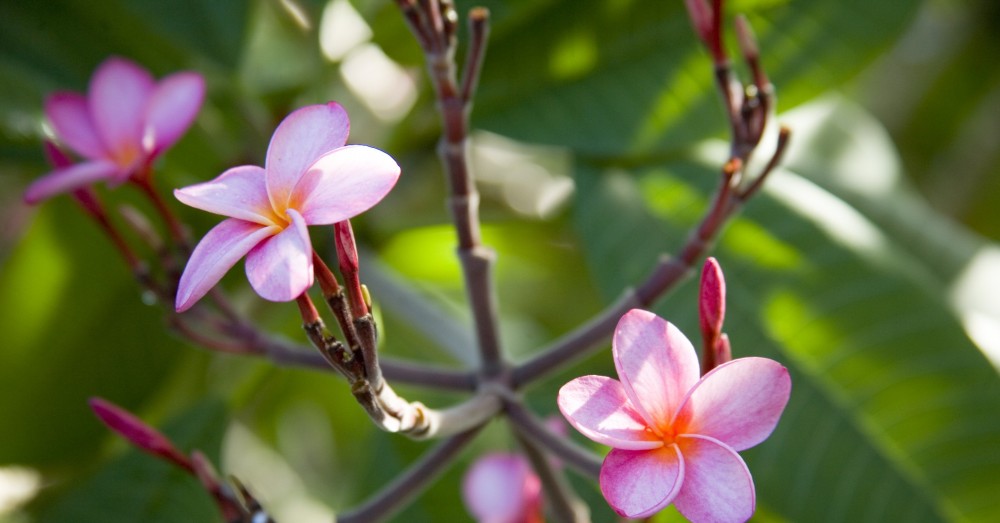COVID 19 Caribbean Diaspora Business Response News
 Caribbean governments should build a financial protection strategy that combines instruments that address different layers or types of risks. So said Gina Sanguinetti-Phillips, Program Manager at Caribbean Catastrophe Risk Insurance Facility (CCRIF SPC).
Caribbean governments should build a financial protection strategy that combines instruments that address different layers or types of risks. So said Gina Sanguinetti-Phillips, Program Manager at Caribbean Catastrophe Risk Insurance Facility (CCRIF SPC).
She was speaking at the fifth global Outride: COVID 19 Business Threat Seminar recently hosted by Magate Wildhorse Ltd, Toronto and attended by representatives in various diasporic markets as well as participants in the Caribbean.
Among the protection strategies and instruments shared by Sanguinetti-Phillips were:
- parametric insurance, traditional insurance,
- CAT-Bonds,
- contingency debt facility, donor assistance (relief and reconstruction),
- budget reallocation, tax increase and
- credit (domestic and external) depending on the phase of the disaster response.
The climate risk finance and protection opportunities shared are available to both governments and vulnerable low-income individuals such as “small farmers, tourism workers, fishers, market vendors and day labourers. Vulnerable income individuals can benefit through the provision of quick cash payouts following extreme weather events (specifically, high winds and heavy rainfall)”. Participants expressed a strong desire contribute and benefit as business leaders and investors in their home countries. They pressed for Caribbean wide access to the livelihood protection and other solutions. Sanguinetti-Phillips noted that between 1970 and 2017 damages from natural disaster totaled US $156 billion dollars.
Rudi Page of Making Connections Work, UK invited Gina to share the opportunities with diasporans in the UK. Available scholarships and internships in climate risk finance were also of interest.
 Unveiled at the event was the hybrid core-peripheral network governance model with integrated market mode— for governing and coordinating a comprehensive diaspora and Caribbean response. The model was shared by Meegan Scott, Principal at Magate Wildhorse Consulting. It is an inclusive and collaborative mechanism for delivering business and economic recovery. The model has been adapted for advancing individual and collective sustainable development goals and ambitions of Caribbean diasporans, home and host countries.
Unveiled at the event was the hybrid core-peripheral network governance model with integrated market mode— for governing and coordinating a comprehensive diaspora and Caribbean response. The model was shared by Meegan Scott, Principal at Magate Wildhorse Consulting. It is an inclusive and collaborative mechanism for delivering business and economic recovery. The model has been adapted for advancing individual and collective sustainable development goals and ambitions of Caribbean diasporans, home and host countries.
Scott pointed out that the model will eliminate negative competition and allow for different organizations and individuals to advance their visions while contributing to global and local action and results.
The core-periphery structure is often used for driving resilience because it allows for connectivity, idea generation, and information flow including during emergencies or shocks. The flow can be intensified or scaled down as required for drawing in the public and private sectors as well as civil society as needed.
There will be a need for “significant changes in culture, practice, entrepreneurship in diasporic markets, and the need to develop key industry market sectors”. “In addition, other social and economic challenges must be addressed, it was therefore essential to include a market mode”. The market mode will complement the network to deliver effective coordination and the development of efficient markets. Complete with diaspora-coordinated working groups, communities of practice, networks and communities, governments, think tank and markets, the model will drive the delivery of profit, purpose, mission-driven social impact and functions of key stakeholders and duty bearers in the third, public and higher education sectors in host and home countries. The model was partly informed by research on COVID 19 and its impact on diaspora organizations being by Scott since April of this year.
In another session Scott shared about Supply Chains, opportunities and strategy responses and hidden industry sectors impacted COVID 19 that hold pivot opportunities for entrepreneurs. Jennifer Clémence Graham, Managing Director and Senior Consultant at JG&G Consulting Services Inc. highlighted the importance of being social while presenting “ Digital Transformation – Process Pivots for COVID 19 and Beyond”. Theo Chambers, Motivational Speaker at CaribAcademy reminded the gathering “To be an entrepreneur you don’t have to fear, always do your best, consider how you spend your day, get ready for of any opportunity you can afford or manage”. He also cautioned the audience “not to participate in the recession”, but to borrow that approach used with success by Sam Walton of Walmart during the 1991 recession.
Roy Page, of Asterix Tourism Services Ltd asked that the gathering consider the financing challenges faced by the Government of Jamaica and growing debt to the Chinese. That came as the group contemplated the need to shift the mix of remittances towards investment in productive capital. The agriculture sector and food security were named as a priority. Rudi Page, Dr. Roy Davidson, of UNI Healthcare Inc and Andrew Sharpe of Authentic Caribbean Foundation championed health care and disability while Philip Bedward of Pathways, championed education.
Factored into the strategic profit and purpose responses of the organizational leaders for helping themselves, host and home countries were:
- Predications of a more active hurricane season or the Caribbean with a forecast of 7 to 9 hurricanes, two of which are expected to become major.
- The pronouncements of the United Nations Economic Commission for Latin America and the Caribbean (UNELAC), for the region shared by Gina “the COVID-19 pandemic will result in the worst economic contraction in the history of Latin America and the Caribbean” and that will that will come “sharp increases in unemployment; reduction in household incomes and the ability to meet basic needs; falling commodity prices; reduction in international trade; and increases in the poverty rate”.
CCRIF, the world’s first multi-country multi-peril risk pool based on parametric insurance and provides parametric catastrophe insurance for Caribbean and Central American governments. Their solutions covers drought, public utilities, agriculture, excess rainfall, tropical cyclone, and fisheries, the tourism industry included. The group will reconvene to look at trade, finance and investment as well as how to leverage the governance model for impactful joint response and recovery during and post the COVID 19 era; as well as how to better prepare to help the Caribbean through relief, recovery and reconstruction phases of environment, climate, health crisis and other shocks.




